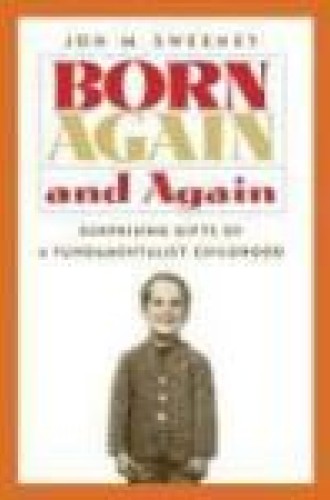Features
Card-carrying ecumenists: The WCC convenes in Brazil
The theme of the World Council of Churches Ninth Assembly, held last month in Porto Alegre, Brazil, was the prayer, “God, in your grace, transform the world.” A recurrent question for many observers is whether the WCC can transform itself.
U.S. leaders confess church failures: Repentence for silence on Iraq
Leaders of the U.S. denominations belonging to the World Council of Churches created a small buzz at Porto Alegre by delivering a letter to the Ninth Assembly in which they confessed the complicity of the U.S. churches in actions and policies that are detrimental to the well-being of the world. They mentioned three areas in particular: the Iraq War, the global environmental crisis and global poverty.
Star power: The limits of celebrity activism
The Three Burials of Melquiades Estrada
You might expect that a movie with the teasing title The Three Burials of Melquiades Estrada would deal with issues of redemption and resurrection. The film does brush up against themes of spiritual rebirth at times, but it is primarily concerned with friendship and the decision to honor the sanctity of friendship even after death.
Books
Take and read
BookMarks
Healing the political psyche
BookMarks
BookMarks
Departments
Acting Methodist: A history in theater
On the waterfront: A diversion from the fight against terrorism
Altar recalls: Born yet again
You are dust: Ash Wednesday on a psychiatric ward
Lowbrow wisdom: The priestess of positive thinking
Port paranoia: The Dubai deal
News
Responses to hurricane boost hopes for faith-based funding: Legislative battles ahead
Methodists channel sizable donations: Foreign and domestic funds for counseling and storm relief
IRS finds cases of church politicking but few feel sting: Warnings but no revocations for churches
Federal agency settles suit over religious abstinence program: Religious components must be separate for Silver Ring Thing
Birmingham church named U.S. landmark: Sixteenth Street Baptist
Catholic Democrats seek room to differ with church stances: Rejecting a one-issue agenda
Christmas wrappings: Name is racially charged
Briefly noted
People
Presbytery backs gay wedding rites: Minister cleared by church court
Century Marks
The hidden Jesus: After the end of the Japanese occupation of Burma in 1945, the minority population of Christians feared for their lives in the face of some Buddhist mobs. Myanmar theologian Anna May Chain said that during this time her family was taken in by friendly Muslims—the males were hidden in a mosque and the females were led from one safe house to another. Later they were sheltered in a prison where Buddhists jeopardized their own well-being by bringing them food, medicine and clothes. They finally found refuge in a convent run by Catholics, then considered “outsiders” by Protestants. At this very vulnerable time in the life of her family, said Chain, Muslims, Buddhists and Catholics were like Jesus to them, offering hospitality and charity (address at the World Council of Churches Ninth Assembly).









